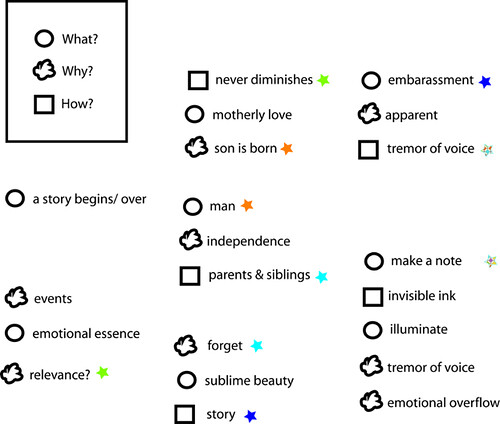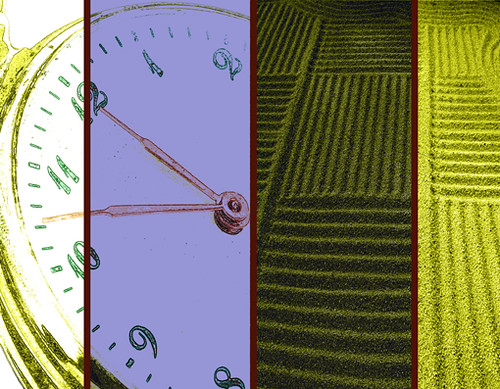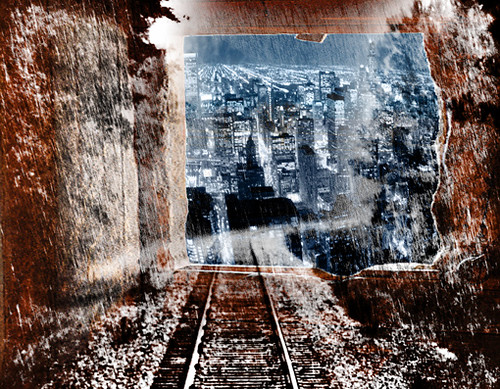Yogamum recently wrote a post about how friends and family are sharing all sorts of stories about her father with her since he died a few weeks ago. She is delighted and touched by the richness of these stories. She wants us all to share these stories while our loved ones are alive and not wait until the other person is no longer present.
I am not so sure this is possible. For, in my experience, it is the storytelling, the remembering, and the overt sentimental reminiscing after a loved one dies, which makes the grieving bearable. It is those stories that act as a salve to our tender hearts.
Sometimes it seems to me that those stories, told by friends and family, are a device of the dead letting us know they are not truly gone. It is one of the first devices, of many, from the beyond, showing us how love and affection is eternal.
A university friend of mine, K., lost his parents to cancer when he was in his late teens. K. was, sadly, a very troubled person, for having lived a very troubled childhood. Both his parents were alcoholics. His mother was an over-bearing, bitter, complaining, controlling, angry woman. His father cowered under the shadow of her force. K’s father died first, and strangely, his mother a few months later.
The year after his parents died, K. went to work for a summer job at the airport his father worked. He told me a few years later that not one day went by that summer without some colleague of his father dropping by and telling K. some story about his father. Through the eyes of his father’s colleagues, K. met someone who was always willing to help one of his pals out of a fix, never one to complain, never shirked his duties, a funny great lad to have around.
These stories, at first, broke K’s heart. These men had known a man K. had never known. He didn’t recognise the pal they were talking about, as the same person as his father. The father he’d know was weak, silent, and drunk. But as the weeks went by, K. started to welcome the stories. Once he got over the strangeness of hearing how his father was a funny and extroverted fellow, he began to rejoice that he obviously had lived a happier life outside of his miserable marriage and disappointing family life.
The stories his father’s colleagues told helped K. to heal old wounds and conflicts. They were a blessing in their own way.
Even though our relationships with our parents or other family members are not always so troubled, there are few relationships that do not experience some unresolved conflicts. For this reason, let stories of long ago be told at the time of a loved one’s death. May they serve us well to connect to those who are gone and so missed.















